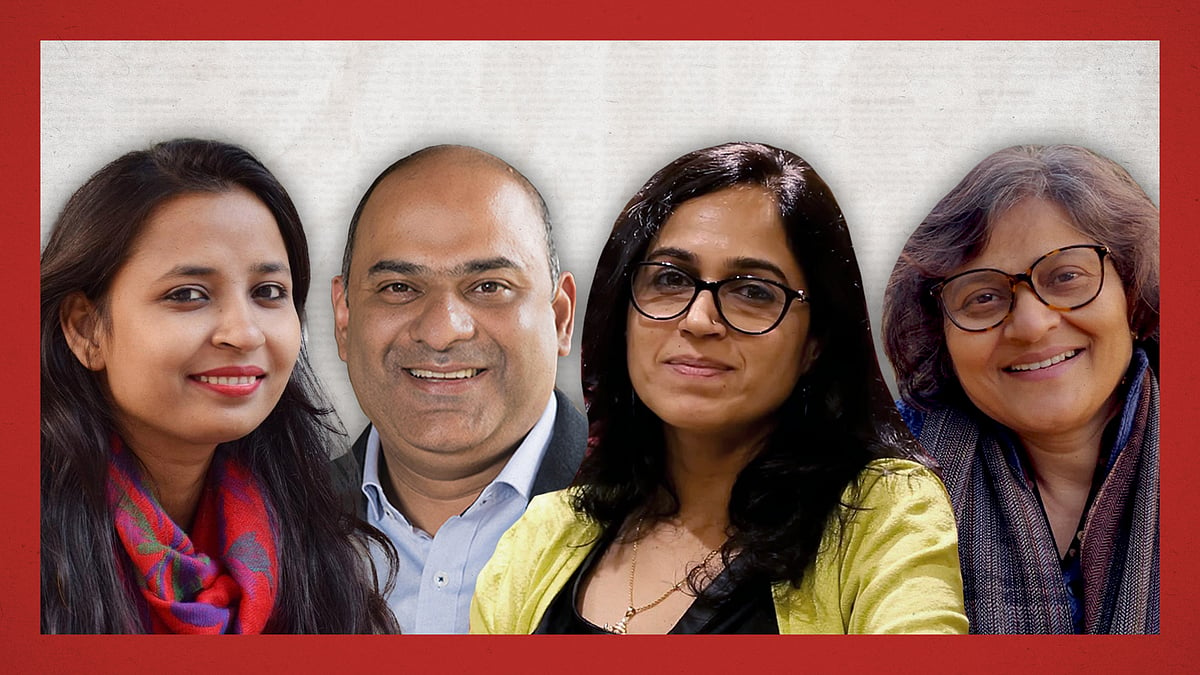India ‘intensified and broadened crackdown on media’ in 2022, says Human Rights Watch report
The report chronicles human rights practices in India and other countries.
In 2022, Indian authorities “intensified and broadened their crackdown on activist groups and the media”, Human Rights Watch said today in its World Report 2023, an annual review of human rights around the globe. To silence activists and independent journalists, authorities used “politically motivated criminal charges, including terrorism, to jail those exposing or criticising government abuses”.
The 712-page report chronicles human rights crises through last year, from Russia’s invasion of Ukraine to decisions by the Taliban in Afghanistan. Now in its 33rd edition, it reviews human rights practices in nearly 100 countries.
In its section on India, among other press freedom issues, the report flagged the central government’s alleged use of Pegasus to “target journalists and activists”, the arrest of journalist Rupesh Kumar Singh in Jharkhand, the continuing imprisonment of Siddique Kappan, authorities stopping journalists and activists “critical of the government” from travelling abroad, and Alt News cofounder Mohammed Zubair’s arrest in June.
The report cited the forcible takeover of the Kashmir Press Club in January last year and the arrest of Kashmir Walla journalists Fahad Shah and Sajad Gul. The report said that since August 2019, “at least 35 journalists in Kashmir have faced police interrogation, raids, threats, physical assault, restrictions on freedom of movement, or fabricated criminal cases for their reporting”.
The report chronicled at length the BJP’s “systematic discrimination and stigmatisation of religious and other minorities, particularly Muslims”, such as “arbitrary home demolitions”, Muslim women being “auctioned” on the Bulli Bai app, and the early release of the Bilkis Bano convicts.
Human Rights Watch also noted tax raids, allegations of financial irregularities, and the use of the FCRA against activists and rights groups like Oxfam India, the Centre for Policy Research, the Independent and Public Spirited Media Foundation, and the Centre for Promotion of Social Concerns.
When 2022 drew to a close, Newslaundry asked Indian journalists what they hope and expect from Indian journalism in 2023. As one journalist said, “India’s journalism won’t change too rapidly till its political economy does.” Find out what else they said here.
We have a new Sena project on the crisis in Joshimath and how Uttarakhand may have many calamities waiting to happen. Contribute now.
 Could India’s new data protection bill force journalists to reveal their sources?
Could India’s new data protection bill force journalists to reveal their sources? 'Diversity, new formats, quality reportage': Journalists list out their hopes for 2023
'Diversity, new formats, quality reportage': Journalists list out their hopes for 2023